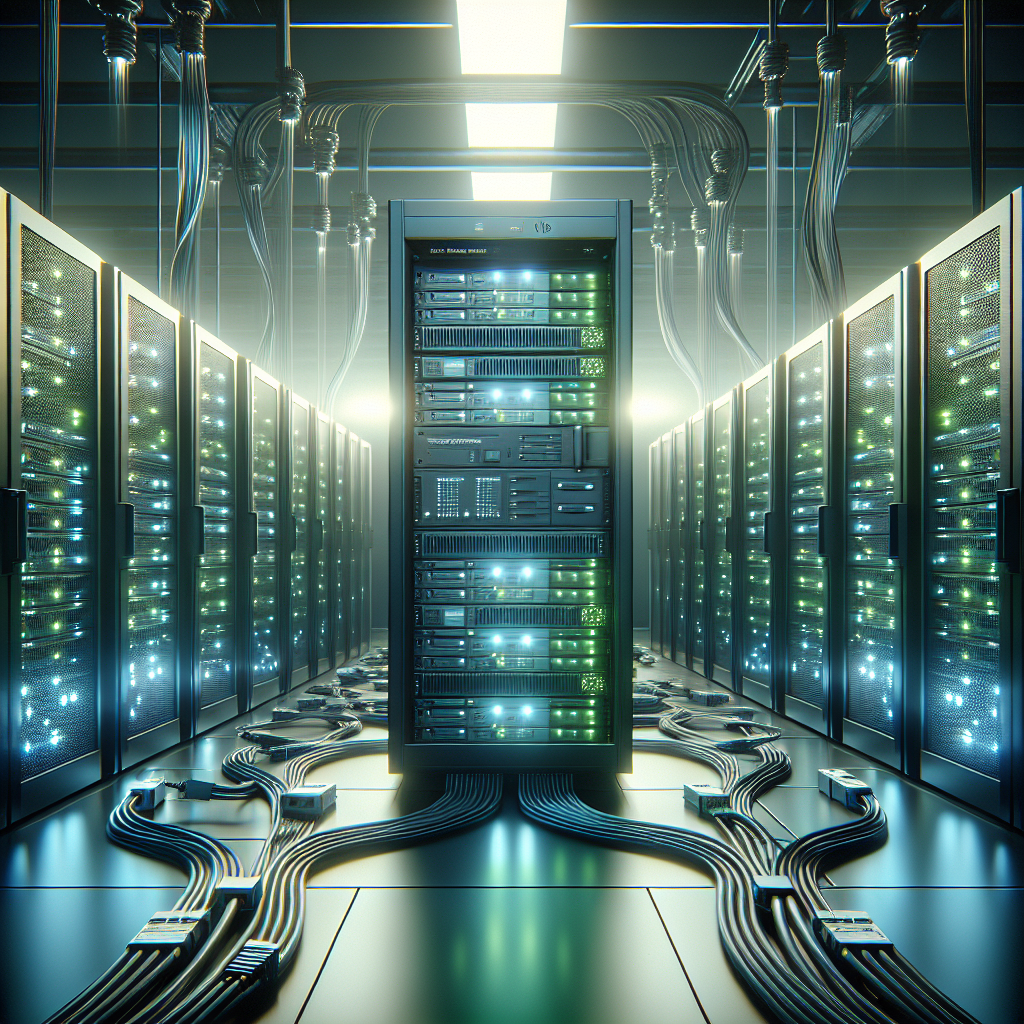The Importance of Data Center UPS: Ensuring Uninterruptible Power Supply
In today’s digital age, data centers play a crucial role in storing and processing vast amounts of information for businesses and organizations. With the increasing reliance on technology, it is essential for data centers to have a reliable power supply to ensure uninterrupted operation. This is where Uninterruptible Power Supply (UPS) systems come into play.
A UPS system is a backup power source that provides emergency power to a data center in case of a power outage or electrical failure. It acts as a safety net, ensuring that critical systems and equipment remain operational even when the main power source fails. This is especially important for data centers, where any downtime can result in significant financial losses and damage to the reputation of the organization.
There are several reasons why UPS systems are essential for data centers:
1. Prevents Data Loss: Data centers store and process vast amounts of information, including sensitive and critical data. A power outage can lead to data loss, corruption, or damage to hardware, resulting in severe consequences for the organization. UPS systems prevent data loss by providing continuous power supply during outages, allowing data centers to safely shut down systems or switch to backup generators.
2. Ensures Business Continuity: Downtime in a data center can have a cascading effect on the entire organization, disrupting operations, and impacting productivity. UPS systems ensure business continuity by maintaining a constant power supply, enabling data centers to continue operating seamlessly during power outages or fluctuations.
3. Protects Equipment: Data center equipment, such as servers, storage devices, and networking hardware, are sensitive to power fluctuations and surges. A UPS system acts as a buffer, regulating power supply and protecting equipment from damage caused by sudden power interruptions or voltage spikes.
4. Improves Reliability: UPS systems enhance the reliability and performance of data centers by providing a stable and uninterrupted power supply. This ensures that critical systems and applications remain operational, even in adverse conditions, minimizing the risk of downtime and ensuring consistent service delivery.
5. Reduces Costs: Downtime in a data center can result in significant financial losses, including loss of revenue, productivity, and customer trust. By investing in UPS systems, organizations can minimize the impact of power outages and reduce the costs associated with downtime, repairs, and data recovery.
In conclusion, UPS systems are a critical component of data center infrastructure, ensuring uninterrupted power supply and safeguarding against the risks of downtime, data loss, and equipment damage. By investing in reliable UPS systems, organizations can enhance the resilience and performance of their data centers, ensuring business continuity and maintaining a competitive edge in today’s technology-driven world.


